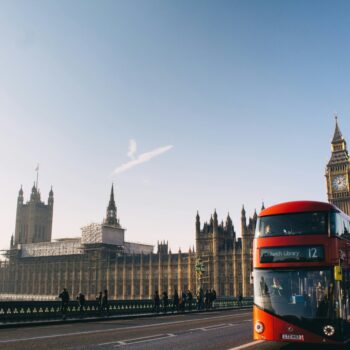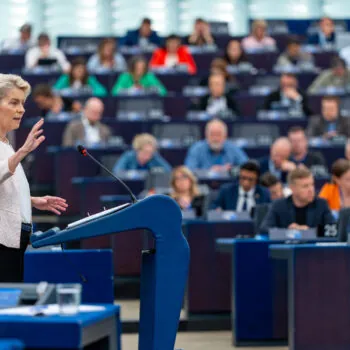As the ‘Beast from the East’ brings snow and freezing temperatures to the UK, it has been revealed that the rate of home insulation across the UK has crashed by 90% since 2012 [1], with by far the steepest fall in England.
Pedro Guertler of the climate and energy think tank, E3G [2], said:
The Government has hugely reduced home insulation in England, which has left millions of people freezing in their homes. Other nations have done far more to help their citizens
E3G calculates that public investment in home energy efficiency improvements has been cut by 58% in England since 2012. Wales, Northern Ireland and Scotland now spend respectively two, three and four times as much per citizen on home energy efficiency programmes than is spent in England (see Table below).

The Cameron administration ended all taxpayer-funded energy efficiency programmes in England. It also cut in half the Great Britain-wide obligation on energy suppliers to deliver energy efficiency improvements as part of a botched attempt to reduce energy bills.
Pedro Guertler added:
This is now widely considered by experts as a massive mistake. The asserted £30 saving on energy bills from Cameron’s cuts were soon cancelled out by energy price increases, while the energy efficiency programme was cut back to the bone. Today's average annual household energy bill is £500 lower as a result of the UK's energy efficiency programmes since 2004. What the Cameron government regarded as 'green crap' is now increasingly seen as 'green gold'.
The crash in England’s insulation rates comes to a head as new analysis has revealed that the UK has the second worst rate of cold weather-related deaths in Europe. In the last five years there were an average of 32,000 excess winter deaths in the UK, with 9,700 each year estimated to be linked to living in cold homes. The UK’s appalling record – on what is a preventable cold homes public health epidemic – is mostly due to the poor energy efficiency of its housing stock.
E3G is calling on the Government to save lives, cut energy bills and relieve winter pressure on the NHS by launching a UK wide energy efficiency infrastructure programme, similar to the far more comprehensive and well funded programme in Scotland, which made energy efficiency an infrastructure priority.
Pedro Guertler said:
Making our buildings energy efficient is the most cost-effective means of decarbonising our energy infrastructure, it protects from the health risks of cold homes and keeps our energy bills down. The priority for our infrastructure programme should be to make our homes warm whilst slashing energy demand and bills.
Available for comment
For more information email Pedro Guertler, Senior Policy Advisor at E3G, or call on 07790 715 024
ENDS
Notes to Editors
[2] E3G is an independent climate change think tank operating to accelerate the global transition to a low carbon economy. E3G builds cross-sectoral coalitions to achieve carefully defined outcomes, chosen for their capacity to leverage change. E3G works closely with like-minded partners in government, politics, business, civil society, science, the media, public interest foundations and elsewhere. In 2017, E3G was ranked the fifth most influential environmental think tank in the world, third in Europe and first in the UK by the Go to Think Tank Index.
[3] Source: E3G analysis of UK and Devolved Administration data.



